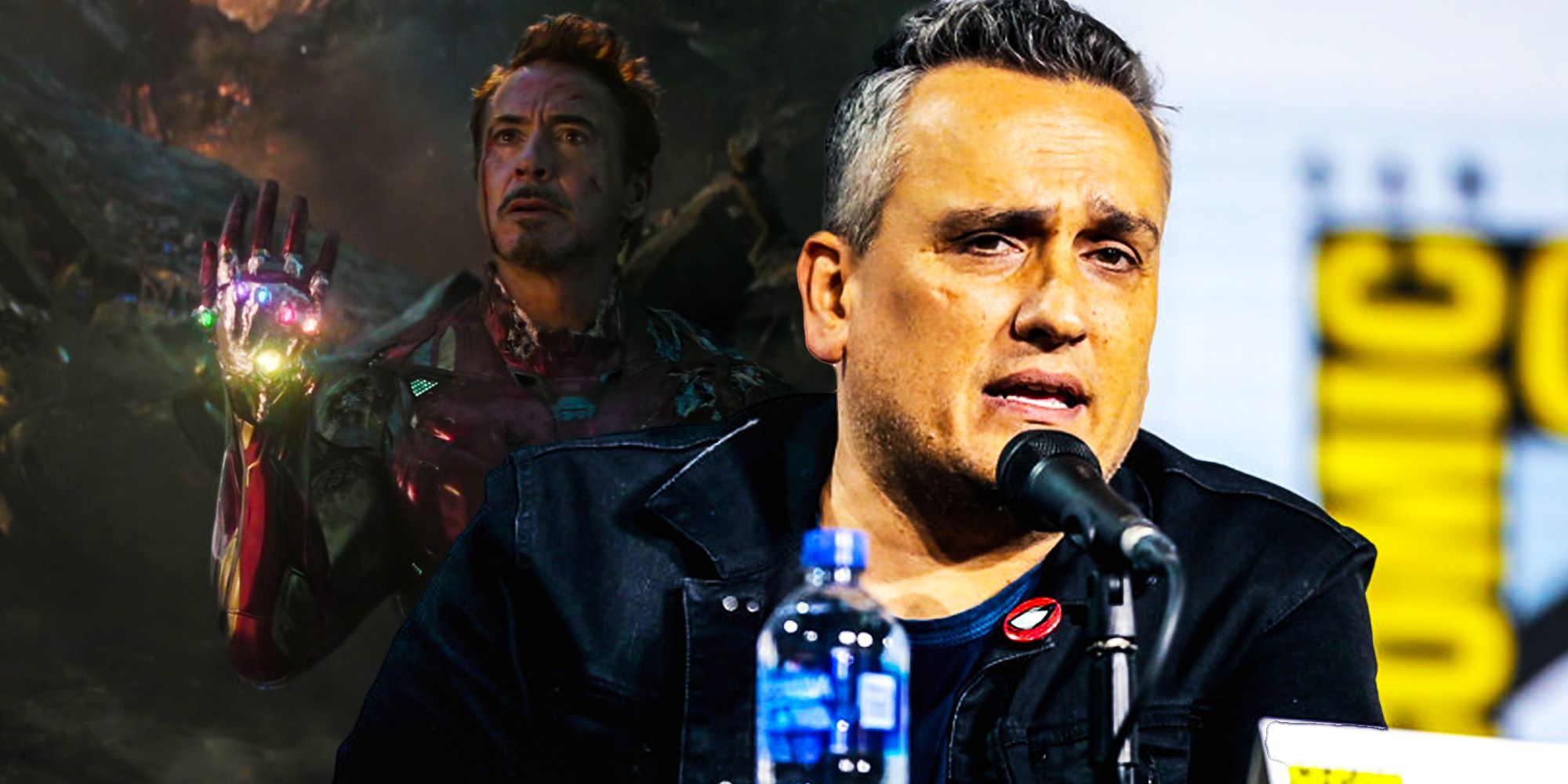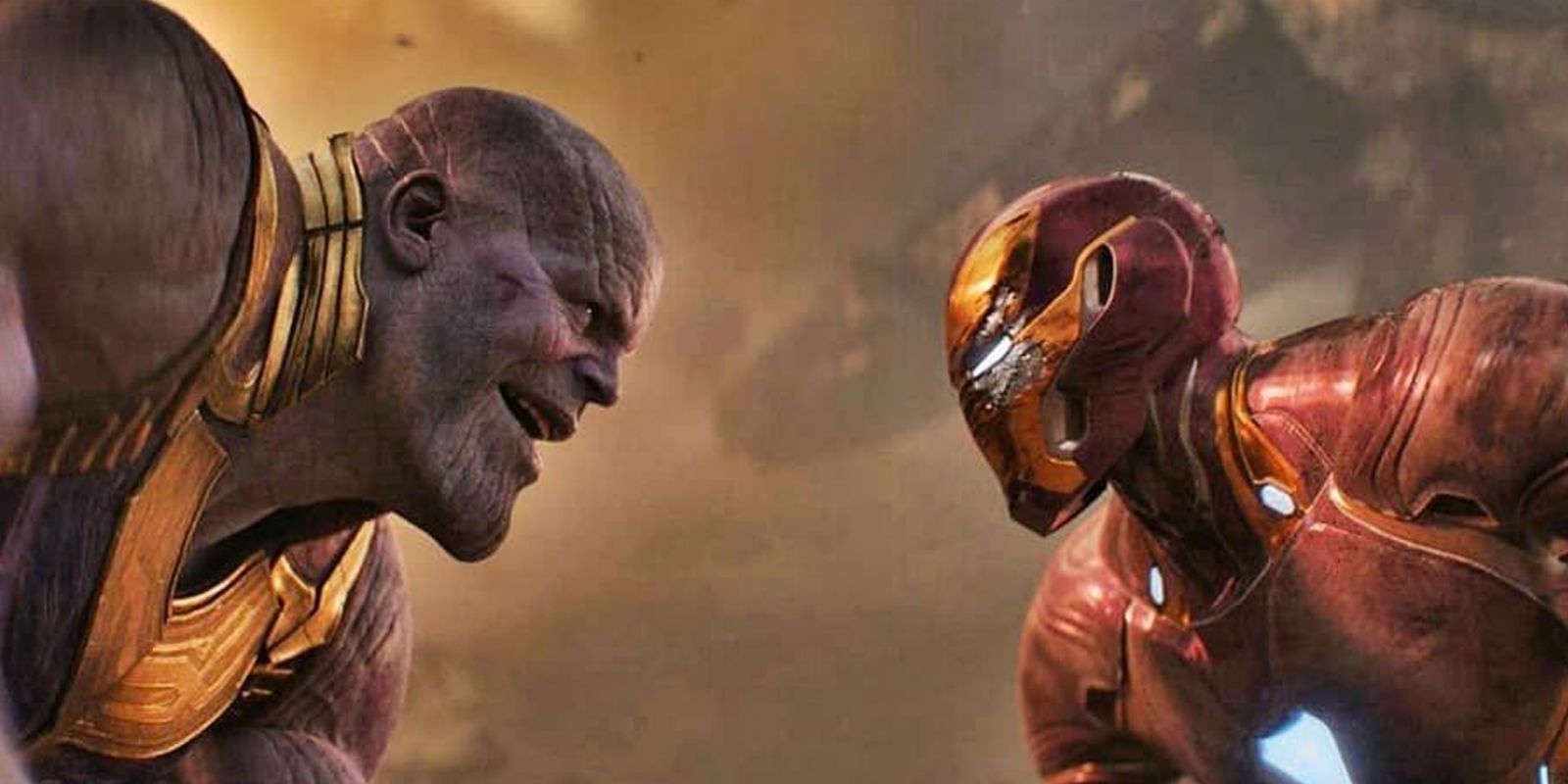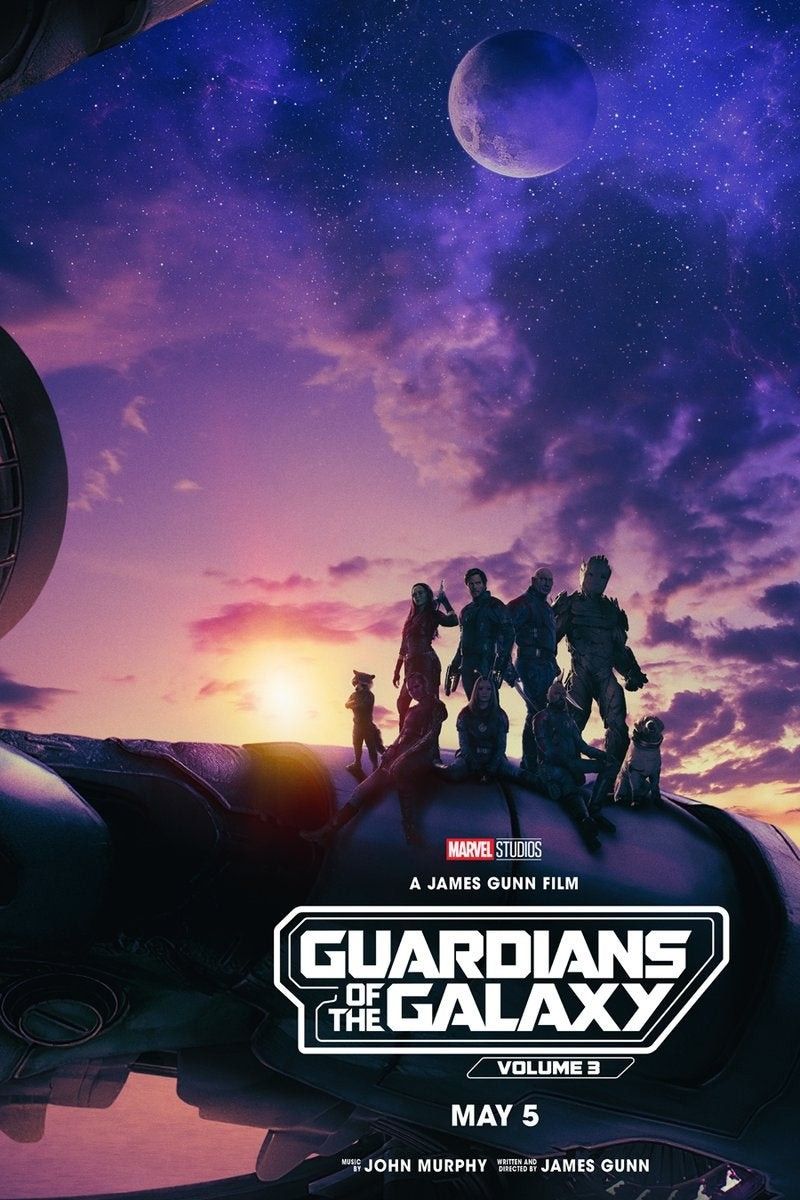Co-director Joe Russo's reasoning for why Iron Man (Robert Downey Jr.) sacrificed himself in Avengers: Endgame is wrong. As the third anniversary of Marvel Studios' culminating film approaches, fans are once again revisiting the 2019 flick even as the MCU moves forward with Phase 4. Avengers: Endgame was packed with a lot of moving elements. Aside from resolving the cliffhanger ending of Avengers: Infinity War, it also functions as the swan song for several original Avengers members. This includes Tony Stark, who died by sacrificing himself for the greater good.
Ever since kicking off the MCU in 2008, Iron Man had been the poster boy of the franchise until his demise in Avengers: Endgame. His death further emphasized the end of the Infinity Saga as it meant that the franchise would have to move forward without its leading character. More than a decade since he took on a new calling to be a superhero, Stark ended his arc by giving up his life to defeat Thanos (Josh Brolin). When asked why the ultimate sacrifice had to be executed by Iron Man and not Captain America (Chris Evans), Russo explained that because it was more impactful to see it from the notoriously egotistical character like Iron Man than it would have been with a traditional hero like Steve Rogers.
There are some issues, however, with the filmmaker's reasoning. For starters, Stark had time and again proved that he was willing to die for the greater cause, implying that he's able to put his ego aside. In The Avengers, he willingly flew through the wormhole to stop more Chitauris from coming in. He was also willing to do the same in Avengers: Infinity War and had it not been for Doctor Strange (Benedict Cumberbatch) giving up the Time Stone, Thanos would've killed him. That being said, knowing Stark, it's also inaccurate to assume that he was totally disregarding his ego. At the very least, it could be what motivated him to execute the sacrificial play in Avengers: Endgame. He wanted to prove that the second chance he got at life after his abduction in Afghanistan wasn't wasted. Presumably, he also found some sort of satisfaction knowing that it was he who ultimately defeated the Mad Titan after years of being tortured by the idea of him.
Fans knew that long before Thanos was an established threat in the MCU, Stark already knew that he was coming. He may not know him or his goals specifically, but Iron Man was anticipating that Loki's (Tom Hiddleston) attack in The Avengers wasn't a one-time thing. While the God of Mischief was ultimately defeated, the hero was aware that a bigger threat would bring destruction to Earth. That led him to some questionable decisions, including his move to establish a suit of armor around the world in an effort to safeguard it. Even when Thanos had already won in Avengers: Infinity War, Stark was still on guard, hence why he created the Rescue suit for Pepper Potts (Gwyneth Paltrow). Even as the universe settled down, Iron Man was still keeping an eye on any new threat, and he was somehow convinced that he was the only one who can defeat whatever it is which ultimately goes back to his ego.
Regardless of Stark's motivation and the Russos' intention with the way they capped off his story, there's no denying the emotional impact of his death in Avengers: Endgame. Without him, the MCU feels and looks different as he had been the franchise's central character throughout the Infinity Saga. As tragic as it was, Iron Man's death was imperative to preserve the quality of Marvel Studios' storytelling and the universe's sustainability.







